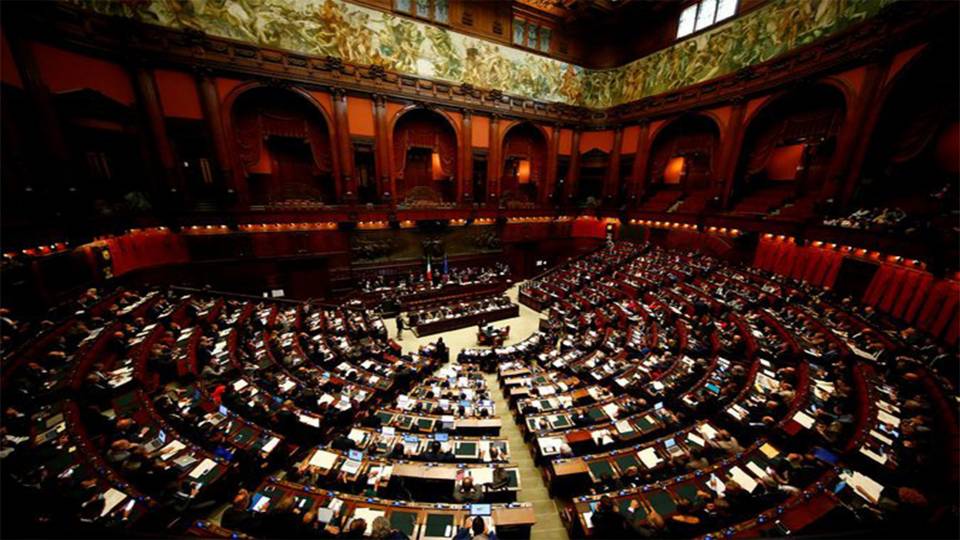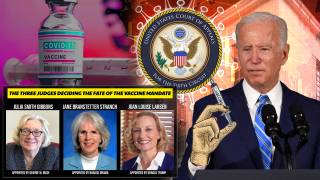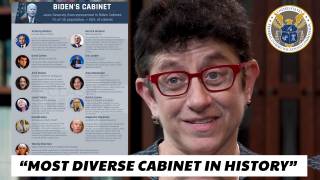Latest Italy Coalition Bid Stumbles
A fourth attempt to forge a deal between political parties to create a new Italian government appears to have failed, increasing the possibility of fresh elections.
The latest effort came undone over the weekend as former Prime Minister Matteo Renzi urged the Democratic Party not to support a coalition with the 5 Star Movement. Mr. Renzi holds considerable sway among the Democrats.
Italy has been mired in political uncertainty since March 4 elections produced a parliament divided into three rough blocs.
A center-right coalition, led by the anti-immigration party League and including Silvio Berlusconi’s Forza Italia party, emerged as the largest coalition with around 37% of the popular vote. The 5 Star Movement followed with around 32%, making it the party with the largest share, while the center-left Democratic Party trailed both.
Weeks of formal and informal talks have failed to bridge the differences among the parties to create a coalition capable of winning a parliamentary majority.
President Sergio Mattarella has painstakingly tried various combinations. Last week, he asked a senior parliamentarian to attempt to broker a deal between 5 Star and the Democratic Party.
After some timid signs of rapprochement between the two parties, talks ground to a halt over the weekend.
“At this point, I don’t see any other solution. We need to vote again as soon as possible,” Luigi Di Maio, 5 Star’s 31-year-old leader and candidate for prime minister responded Monday on Facebook. He called for Italians to return to the polls in June.
Mr. Mattarella’s next move could come later this week. He could try to prod the parties into forming a broad-based coalition government supported by most of the parties and led by a neutral figure.
Under such a scenario, the government’s mandate would be limited to, for instance, overseeing the rewriting of Italy’s electoral law in such a way as to produce more durable governments.
However, such a coalition could be difficult to bring to life with litigious parties in a fractured parliament.
If a broad coalition government isn’t possible, the president is likely to call fresh elections.
To do so, he would first have to dissolve parliament, leading to a vote between 45 and 70 days from the date of the dissolution. With Italy unlikely to go to vote during the holiday summer months, new elections would be more likely in the fall, at the earliest.






















